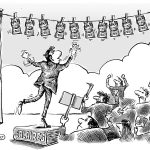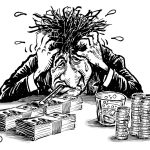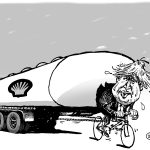The dictator and the puppet
Between China and the United States, the economic war continues on other grounds, and by other means.
As we know, a strictly economic and financial assessment of the current situation would constrain us in a far too restrictive framework of analysis, which would not allow us to fully appreciate the impact of the pandemic. The “human factor” comes first, said Graham Greene. The broader appreciation of geostrategic power relationships also conditions the future development of our economies through the models that are offered to us. This is why I will venture today as part of my analysis, to draw some reflections on the strengths and flaws of the “models” involved. Many ask the question in a binary way: who from China or the United States will win this test? And many are already those who designate the Middle Empire. The answer is a bit short in my opinion. Neither country nor their leaders have provided respectable models.
Behind the mask of authoritarian capitalism, the Chinese dictatorship has demonstrated the extent of its hold within its borders, as it has tried to rewrite the pandemic narrative, all to its advantage 1. China has been as destitute and ill-prepared for the pandemic as other countries. It was only able to compensate for its initial weaknesses by intensifying the control of the population to the extreme, during and after confinement, subsequently setting itself up as an organizational model to follow. Relentless censorship tracks any internal or external contestation – police actions, diplomatic campaigns and on social networks – extending its clout, it seems, to blocking the cooperation efforts of its own scientific community. The “diplomacy of surgical masks”, the staging of medical and financial aid, has raised skepticism and annoyance.
The Chinese economic model will suffer from its inability to contain the pandemic.
Has Trump’s American capitalism been more convincing? The Democratic Leader of the House of Representatives – Ms Pelosi – did not have enough harsh words against Donald Trump, accusing him of “causing unnecessary deaths and economic disaster”, going as far as to call him “an incompetent liar”. The past few days have once again shown President Trump’s talent for dodging his responsibilities, finding scapegoats, trying to appropriate the merits of the good decisions made by others. In recent days alone, these tendencies have crystallized around a conflict of authority with state governors, the suspension of funding to WHO 2, and the inability to bring about a bipartisan compromise on a new plan to help the economy. Worse still, how can we interpret the President’s personal involvement in a cartel agreement intended to reduce the global production of oil, and the promise of financial support for American producers, at the risk of later penalizing consumers?
In terms of international cooperation, the two powers seem to meet: at the last meeting of the G-20, it was with reluctance that they conceded the suspension of interest payments due by African countries this year. But if both seem to prefer bilateral negotiations, their approach to international organizations is nonetheless the opposite. Where China uses its financial means to increase its influence within these organizations – to the point, as we have seen, of compromising their credibility – the United States of Donald Trump chooses blocking – WTO 3 – or withdrawal of funding – WHO.
The Chinese economic model will suffer from its inability to contain the propagation of the pandemic abroad. The authorities will not be able to avoid refocusing on essential questions affecting the well-being of their population. In addition, they will have to agree to no longer support at arm’s length all the enterprises of state capitalism which are losing speed, at the risk of seeing unemployment increase. The desire to free itself from the domination of the dollar still comes up against the exchange control system. Certainly the country has established credit lines in yuan, and the influence – especially regional – of the currency has been amply demonstrated. But distrust is now the order of the day and could lead many companies to reduce their dependence on the country’s value chains.
Between technocratic excess and media excess, the COVID-19 crisis amplifies,
to the point of caricature, the coarsest features of the two great powers.
From pirouette to pirouette, until when can President Trump continue to fall on his feet? This question must haunt the Democrats, now united behind their candidate Joe Biden, with very frail political shoulders too. The choices and orientations of the Republican party (GOP), behind its President, shocked by their lack of discernment in view of the economic emergency. The non-interventionist doctrine of the State in the economy is nevertheless undermined by the urgency to shore up employment, as by the capacity for mobilization of private companies and powerful foundations, as well as by the governance of the federated States .
In the eyes of the world, China will not easily erase the stain of its initial failure to alert and cooperate openly. Its President is likely to turn further into an increasingly virulent nationalist propaganda, accompanied by an offensive diplomacy. Donald Trump’s America is no longer the leader of the free world; its President has shown the weakness of the federal state while he continues to surf on the extreme polarization of the political life of his country.
Between the technocratic excess and the media excess, the COVID-19 crisis amplifies, to the point of caricature, the crudest features of the two great powers, such as the flaws in their systems of governance and their respective versions of “crony capitalism” . In both cases, the economic software of the States and their leaders must be reviewed. Faced with the supporters of each of the camps, Europe, certainly taken aback by the pandemic, must – and may – constitute an alternative front which combines a better balance between the welfare State and the State of freedom.
The confinement is conducive to reading, I will conclude by quoting the words of Raymond Aron: “There are limits to interventions and the constraint of the State. There are social and economic conditions specific to a regime of freedom. If we want to maintain a regime of political freedom, we must also maintain a certain economic freedom. Totalitarian regimes of the XX th century have shown that if there is a misconception, is that the administration of things replaces government people. What has become clear is that when you want to administer all things, you have to govern all people at the same time ” 4. And to add further: “What is essential in the idea of a democratic regime is first of all legality: a regime where there are laws and where power is not arbitrary and limitless”.
1 See our article “Asia, shock in return”
2 WHO, World Health Organization
3 WTO, World Trade Organization
4 Raymond Aron, “Democratic States and Totalitarian States”, Communication presented to the Philosophical Society, June 17, 1939; published in the bulletin of the French Society of Philosophy 40thyear, n ° 2 April-May 1946, reproduced in Ed Quarto Gallimard, “think freedom, think democracy”, p 69-70



